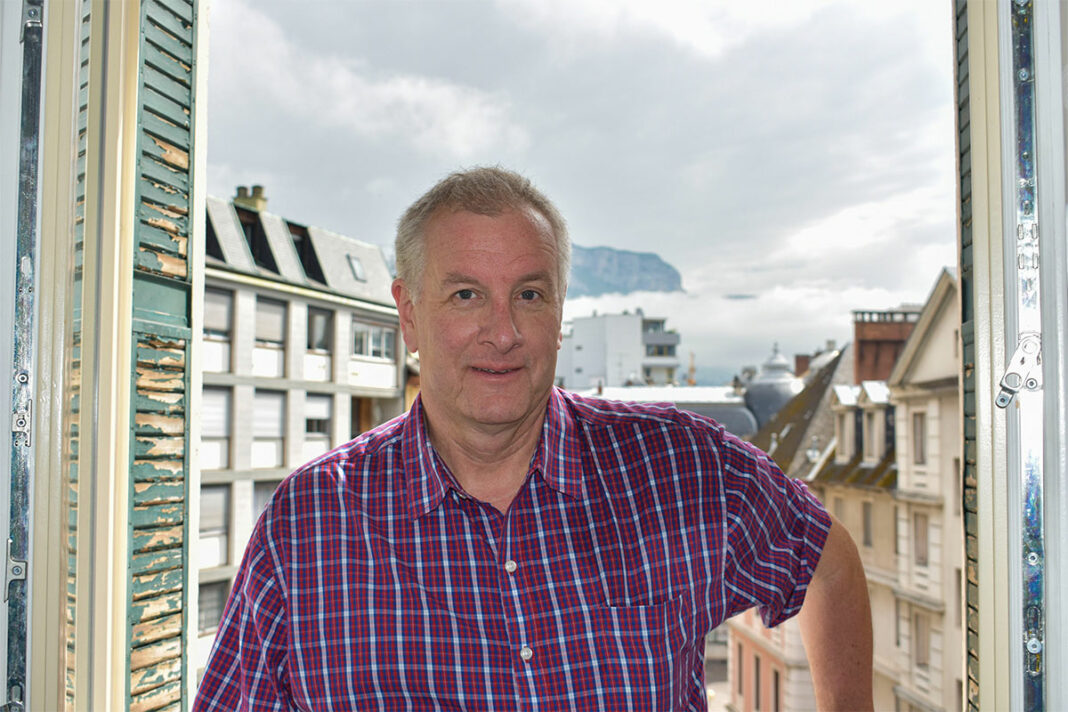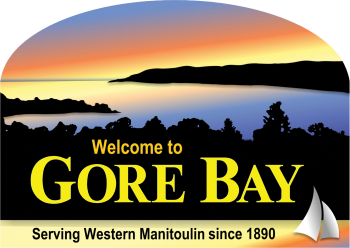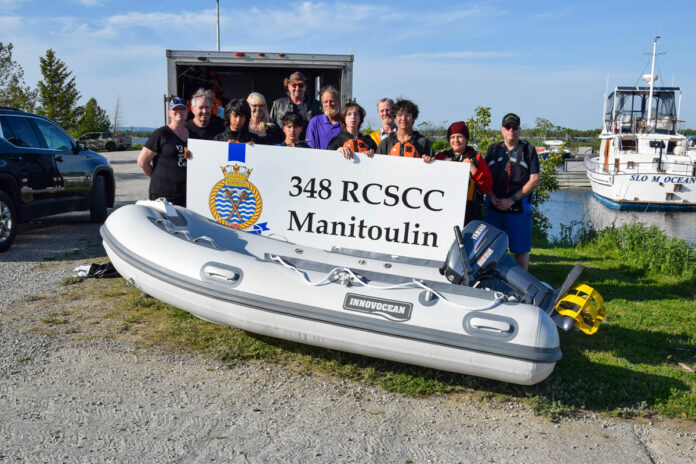Crown argues Amikwa Nation not legitimate
SUDBURY—Last week, cross-examination commenced for Dr. William Newbigging, an expert witness and professor specializing in history and Anishnaabemowin. This pivotal moment unfolds in a high-profile case involving 10 defendants charged with operating unregulated cannabis stores within Wahnapitae, Henvey Inlet and Garden River First Nations communities.
The case, which began with a constitutional challenge four years ago, centres on the contention that after the legalization of cannabis in 2018, the charges against them violate their rights as First Nations to trade the substance as a means of economic development.
The accused are charged with breaking the Cannabis Act and the Controlled Drugs and Substances Act. They have admitted to the actions that led to the charges. After years of legal proceedings and two dismissal attempts by the Crown, one question remains: Do these laws infringe on the accused’s traditional rights to use and trade cannabis and hemp, making them inapplicable under section 35 of the Constitution Act, 1982?
At the centre of the controversy are claims that all 10 defendants—David Brennan, Sarah McQuabbie, Harley Hill, Clayton Hill, Chadwick McGregor, Michael Nolan, Dennis Wigmore, Derek Roque, Noble Boucher and Luke Klink—are in fact descendants of the Amikwa Nation, who didn’t enter into treaty negotiations nor ceded their territory. The Amikwa, who never engaged in treaty negotiations or ceded their territory, claim their rights remain intact.
Thomas Lambert, from Nipissing First Nation, has challenged the legitimacy of the Amikwa, labeling them a fabricated entity misrepresenting themselves as a First Nation. Mr. Lambert asserted that Michael Swinwood, the defendants’ counsel, was “trying to use the history of a group that does not or ever existed.” Mr. Lambert’s statement contests assertions made by Mr. Swinwood, who cites historical continuity.
January 31, February 1, 2, and more recently on March 12 and 14, 2024, Regional Senior Judge for the Superior Court of Ontario heard the defence, Mr. Swinwood’s, proposal to call Dr. William Newbigging as an expert “with respect to the history of the Anishnaabe people of the Great Lakes, particularly Lake Huron, and with respect to the Amikwa people.”
The defence believes that, according to comments by the judge and the Crown, it seems likely that his testimony will be struck from the record as inadmissible on the basis that the research in to his own heritage is not that of an “expert.”
Jeannine Plamondon and Brian Bencze, for the Crown, opposed the request and a voir dire, or a “trial within a trial” was held to determine whether Dr. Newbigging would be admitted as an expert in the existence of the Amikwa as a nation.
In March, Dr. Newbigging underwent three days of rigorous cross-examination. His reports, detailing the historical presence of the Amikwa in regions like Tiny Township, were scrutinized for their accuracy and relevance to the case. Dr. Newbigging submitted multiple reports crucial to the case, including ‘The People of the Amikwa Nation’ (June 2022) and a response to Alexander von Gernet’s reports from October 2023, dated December 8, 2023. His testimony during cross-examination focused extensively on these reports, as well as on another report prepared for a different case, ‘The Anishinaabe Presence on the Penetanguishene Peninsula: With Specific Reference to the Amikwa Presence in Tiny Township’ (October 31, 2023), commonly referred to as the “Tiny Township report.”
Since Dr. Newbigging is a witness for the defense, two important points need to be considered. First, according to legal precedent, a trial judge has the authority to be flexible with rules about what evidence can be presented if sticking strictly to those rules could lead to a miscarriage of justice and if the concerns the rules are meant to address aren’t present in this case. Second, if the judge thinks about not allowing defense evidence because its harmful effects are greater than its usefulness, they can only do this if the harmful effects “significantly outweigh” its usefulness, as originally written.
Judge Boucher deemed the threshold of admissibility as valid, and the trial officially began in June. Cross examination for Dr. Newbigging will resume September 9 and 10, 2024.






